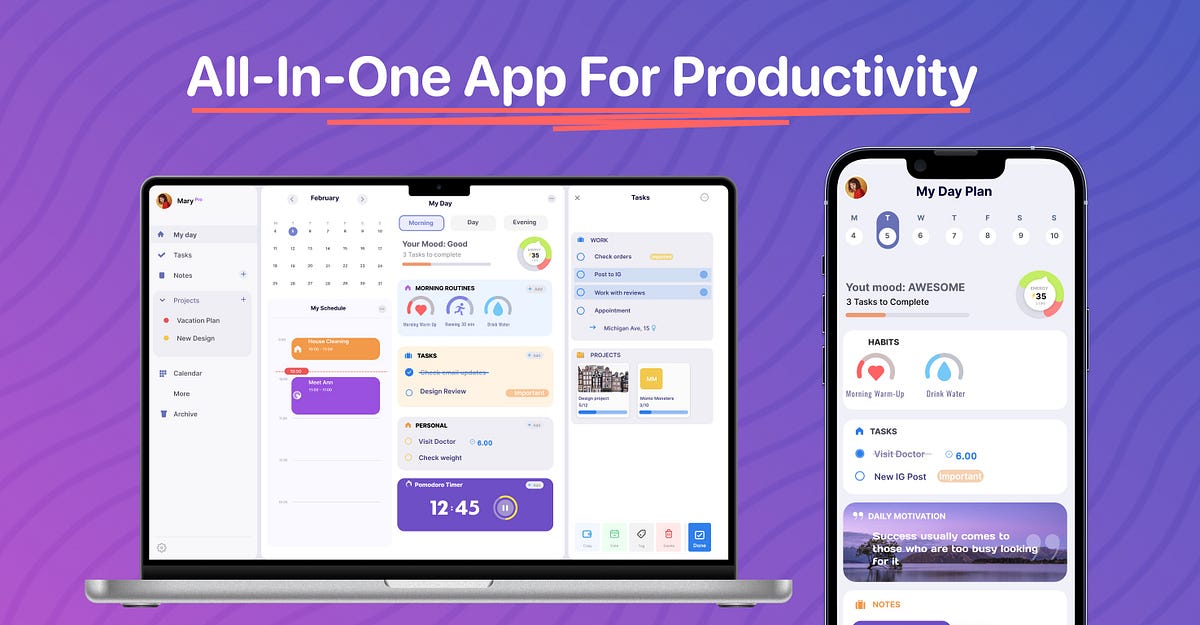
How a Single App Is Quietly Replacing Your Entire Daily Routine
Josh Shear – In the world of digital convenience, the rise of a single app replacing routine is no longer just a futuristic fantasy it’s happening right now, and chances are, you’re already using it. What started as a simple tool for communication or scheduling has rapidly evolved into an all-in-one ecosystem capable of managing nearly every part of your day. From waking up in the morning to winding down at night, this quiet digital revolution is taking place in millions of pockets around the world and very few people are questioning it.
While multiple apps used to dominate our screens calendars, shopping lists, bank apps, meditation tools, ride-hailing services, even social platforms new generation super-apps are changing the game. By combining functionality, streamlining processes, and learning user behavior, these apps are eliminating the need to juggle different interfaces. But as seamless as it sounds, there’s more to this phenomenon than convenience alone.
The term “super-app” may not be new, but its presence in Western digital culture is gaining momentum. Originating in Asia with platforms like WeChat and Grab, the concept refers to an application that offers a suite of services within one single interface. Messaging, payments, ride bookings, e-commerce, health tracking, digital IDs it’s all there.
In 2025, Western tech giants are now aggressively pursuing this model. Apple’s ecosystem has become increasingly interlinked, while Elon Musk’s “X” platform attempts to merge social media, finance, and communications into one supercharged utility. Meanwhile, companies like Google are integrating AI scheduling, reminders, navigation, and even personal coaching into a single personalized experience.
The appeal is obvious: fewer apps to manage, smarter automation, faster interactions. One app to wake you up, plan your commute, deliver breakfast, manage your meetings, track your steps, give you reminders, suggest what to cook, and lull you to sleep with ambient sounds. It sounds like freedom. But is it?
There’s no denying the upside of a single app replacing routine. It saves time, simplifies decision-making, and reduces clutter on your home screen. AI-powered algorithms learn your habits, optimize your day, and create a sense of flow. Users report feeling more “on track” with their goals, more punctual, and even more productive.
But this frictionless lifestyle has a flip side. As you offload your daily decisions and micro-choices to an app, you might also be surrendering a part of your autonomy. When your schedule, preferences, and emotional needs are predicted and curated by software, where does your spontaneous self fit in? The line between assistance and control becomes blurred.
Some users have even reported feeling disoriented when the app fails or when switching to a device where it isn’t installed. That dependency, while convenient, may signal a deeper psychological reliance on external digital structures rather than internal discipline or self-awareness.
The real driver behind this trend isn’t just user demand it’s data. These super-apps thrive on understanding you better than you understand yourself. Every scroll, click, and voice command feeds into complex models that refine how the app serves you. The more you use it, the smarter it gets.
But all this insight comes at a cost. Privacy advocates warn that centralized apps pose major risks: if a breach occurs, your entire digital life could be compromised. Financial data, location history, sleep patterns, personal messages everything could be in the hands of a single corporation.
Even more concerning is the potential for behavioral manipulation. By controlling the platforms through which we make decisions, companies may subtly shape choices in their own favor pushing certain products, limiting alternative options, or reinforcing confirmation biases. It’s the price of personalization, and many users don’t realize they’re paying it.
Interestingly, the adoption of super-apps and the shift toward a single app replacing routine is generational. Digital natives and younger millennials tend to embrace it as a natural evolution of technology. Boomers and Gen X users are more cautious, often preferring fragmented but familiar apps.
This divide has also sparked cultural change. Traditional habits like making to-do lists, calling to book appointments, or even shopping in physical stores are slowly fading. People are beginning to expect that everything should be one tap away. Convenience is no longer a perk it’s a baseline expectation.
With the integration of AI and wearable tech, super-apps are becoming even more context-aware. Soon, your smart ring might communicate with your super-app to reschedule your meeting because it detected stress in your vitals. Your fridge might notify the app to order groceries. Your car might receive a route update because your app noticed you’re running late.
This level of automation raises a key question: are we building tools to support human potential, or replacing human judgment altogether?
While it’s tempting to chase the promise of a streamlined life, it’s important to remain conscious of what’s being traded away. Self-reliance, privacy, unpredictability, and even boredom have value sometimes as much as the features we’ve grown to depend on.
We are in the midst of a transformation that is subtle yet significant. The idea of a single app replacing routine might seem like just another tech trend, but its implications are far deeper. It changes how we live, how we think, and how we relate to our time, our choices, and even ourselves.
As we head into an era of complete integration, the challenge will be finding the balance between efficiency and control, between automation and human experience. It’s a powerful evolution and one that deserves our full attention.
This website uses cookies.